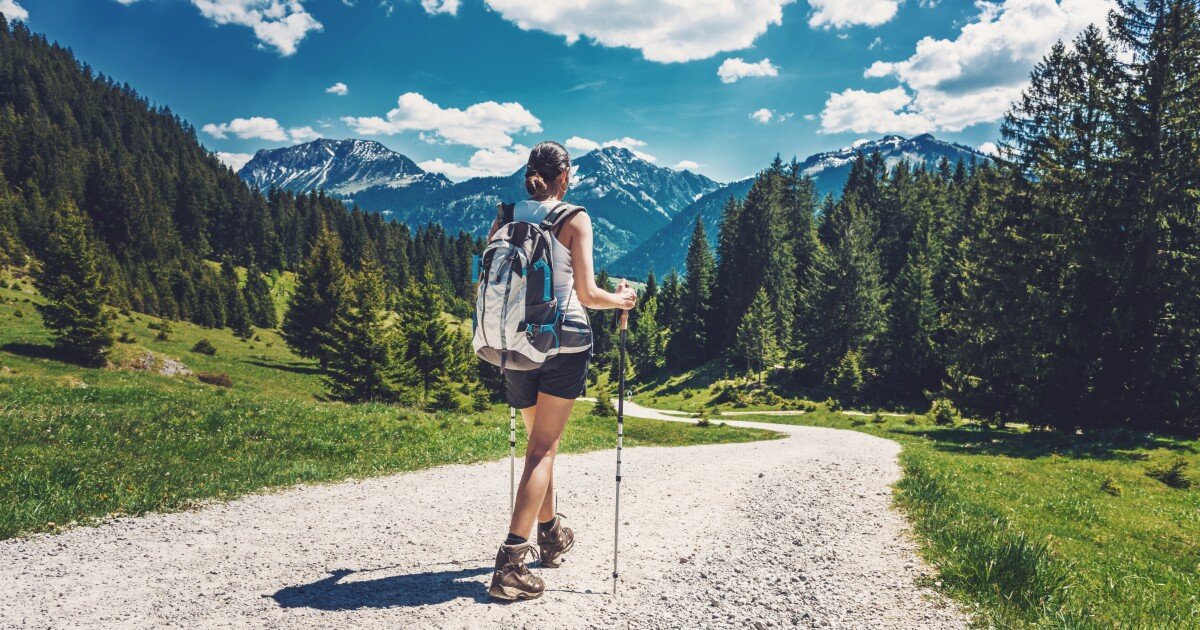For many employers, the past four years have seen a surge in therapy, medication,
Several studies over the past two decades have found that exposure to nature and mental health care are closely related. A Stanford University study found that people who walked 90 minutes in a natural area showed less activity in areas of the brain associated with depression compared to people who walked in a busy urban environment. A University of Iowa study found that people who had more opportunities to be in nature during the pandemic tended to report greater happiness.
read more:
Despite the evidence, a lack of accessible green space, extreme temperatures and demanding schedules can make it difficult for people to spend time outdoors, which is why it’s important for employers to reach out.
“Offer incentives such as paid breaks that include outdoor activity, like walking outside,” says Jeff Yeo, PhD, a licensed therapist at Orange County-based Moment of Clarity Mental Health Center.[Offer] Providing green spaces in the workplace, such as trees with picnic tables for lunch breaks or non-smoking areas with plants and greenery for people who want to enjoy the outdoors during their break.”
It’s worth noting that access to green space isn’t universal: As multiple studies, including one by the Center for American Progress, have found, neighborhoods with larger Black and Latino populations tend to have fewer trees and plants and hotter neighborhoods. This is an important thing for employers to keep in mind when considering how to encourage employees to spend time outdoors.
Dr. Yu encourages employers to provide plants in the office or start a community herb garden for employees. And if none of these suggestions seem immediately implementable, Dr. Yu reminds employers that flexibility, remote work, and strong PTO policies may also allow employees to enjoy the outdoors. Like access to wellness apps and affordable therapy, spending time in nature can ultimately help employees feel more engaged and productive at work.
read more:
“Several studies support the idea that being in nature reduces anxiety and stress,” Dr. Yu says. “The most beneficial aspect of being in nature is that spending time outdoors can help you relax, improve your thought processes, enhance brain function, and feel an overall sense of well-being.”
For workers who have access to green spaces, Dr. Yu has more personal advice, such as taking short breaks during the workday to take a walk (weather permitting), eating lunch in a park, or engaging in creative activities like drawing or writing in a green space. Dr. Yu emphasizes that even being outdoors for 15 to 30 minutes makes a difference. The bottom line is, make nature a part of your daily life.
read more:
“Make sure to incorporate some outdoor nature into your time,” says Dr. Yu. “Timing is everything. The best time in summer is early or late. Walking or hiking is best in the morning to avoid hot temperatures. Swimming in the evening is more comfortable and reduces the risk of skin damage from the sun.”
If you want to take it a step further, nature-based vacations, like to the mountains or the beach, can be a great escape. Dr. Yu points out that you don’t have to be athletic or even love nature to just find an outdoor activity you enjoy and incorporate it into your life.
“[Don’t] “Don’t let stress or anything in your life get in the way of finding balance,” says Dr. Yu. “You decide your own story and how you spend your time. Have the best summer ever.”

